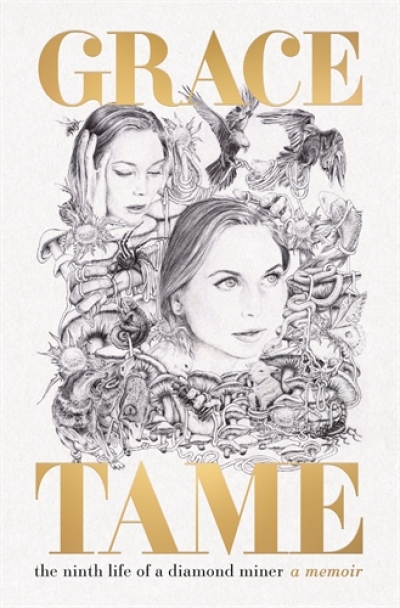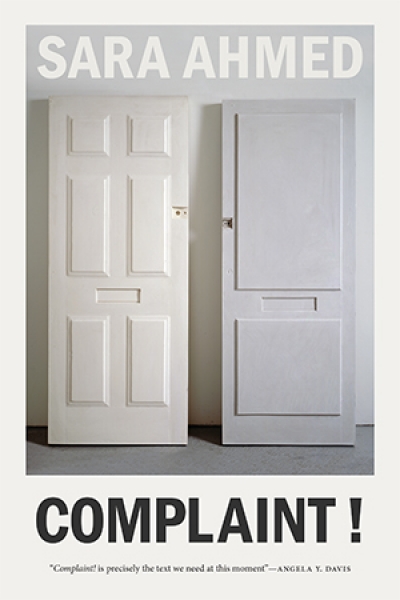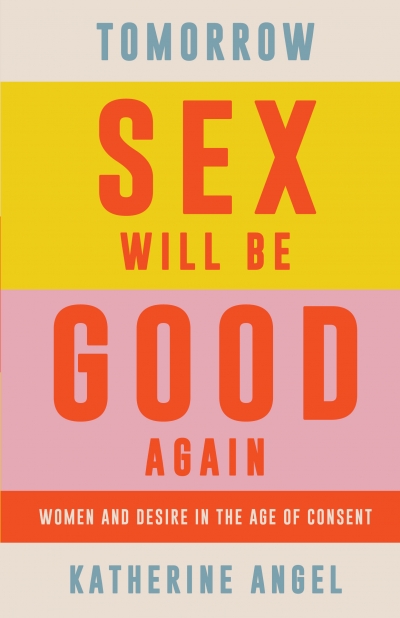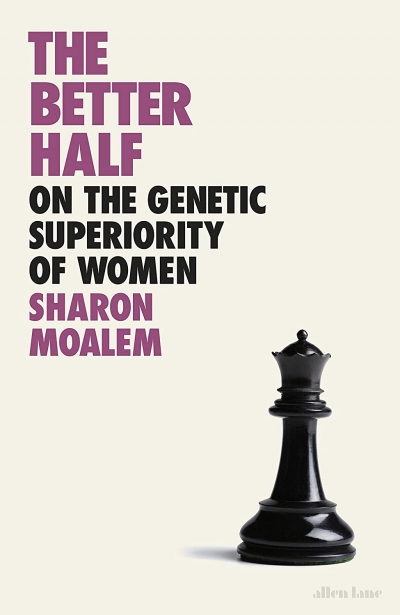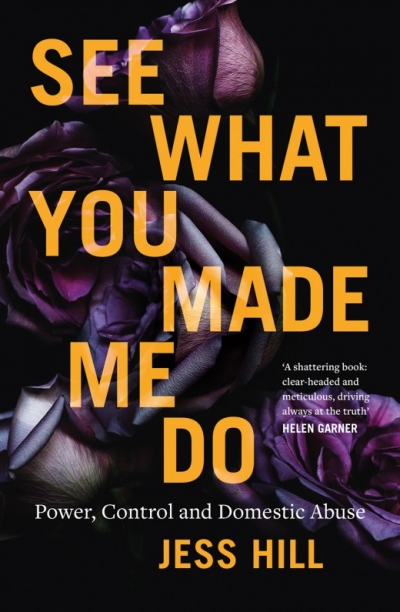Zora Simic

Zora Simic is a Senior Lecturer in History and Women’s and Gender Studies at the University of New South Wales.
In 2016, feminist and queer theorist Sara Ahmed resigned from her post as professor at the Centre for Feminist Research at Goldsmiths, University of London, in protest against the failure to address sexual harassment at her institution. Given that she was at the peak of her career and working in a centre she had helped to create, hers was a bold and surprising move, but also entirely consistent wi ... (read more)
Among historians of sexuality, it is customary to stress that there was never just one sexual revolution, but many. There were the pop-culture versions, the countercultural expressions and perhaps most momentously, but least discussed, the everyday or ‘ordinary’ sexual revolution. Or conversely, as French philosopher Michel Foucault so influentially argued in The History of Sexuality Vol. 1: T ... (read more)
Lucy Delap, Reader in Modern British and Gender History at the University of Cambridge, is a consummate historian and not one to privilege her own experience. Indeed, one of her chief aims in her innovative new global history of ‘feminisms’ – the plural is important, no matter how inelegant – is to bring to the fore feminists and other activists for women’s rights who are less well known ... (read more)
All authors who are releasing new books during the global pandemic are at a disadvantage, but some less so than others. It helps to have a title that speaks to the moment, which The Better Half, with its central thesis that women are ‘genetically privileged’, certainly does. The coronavirus, we have learnt, tends to affect men more severely than women. Some have attributed the discrepancy to m ... (read more)
The opening dedication in Carmen Maria Machado’s ground-breaking memoir In The Dream House reads: ‘If you need this book, it is for you.’ Here, Machado offers a gift but also a clue. She wrote this book because she needed to. For close to two years, she was in a lesbian relationship in which her partner was abusive to her. In making sense of it, Machado found a few books here and there, but ... (read more)
The worldwide women’s marches of January 2017 were sparked by the election of Donald Trump, a self-proclaimed ‘pussy-grabber’, to the US presidency in November 2016. Among the millions who marched was movie producer Harvey Weinstein. As with Trump, rumours of inappropriate behaviour with women had long plagued Weinstein, but he also had a history of aligning himself with feminist causes. He ... (read more)
Domestic violence and rape are not easy topics to write or read about. It’s not just because of the subject matter itself, as grim and distressing as the details can be. The writer must grapple with centuries of cultural baggage, competing theorisations and research paradigms, and the politicisation of these issues, for better or worse. They have responsibilities to those affected, including amo ... (read more)
How do we get the measure of the phenomenon that is #MeToo? Both deeply personal and profoundly structural, #MeToo has been described as a movement, a moment, and a reckoning. Some critics have dismissed it as man-hating or anti-sex; sceptics as a misguided millennial distraction from more serious feminist concerns. Others distinguish between a ‘good’ #MeToo (focused on eradicating sexual hara ... (read more)
Abortion was big news in Australia in 1973. In May, a bill was introduced to Federal Parliament that, if passed, would have allowed women in the ACT to terminate a pregnancy in the first trimester. So intense was public interest in this issue that one MP suggested televising the debate. On the day of the vote, activists inside the Women’s Embassy – a tent protest clearly inspired by the Aborig ... (read more)

